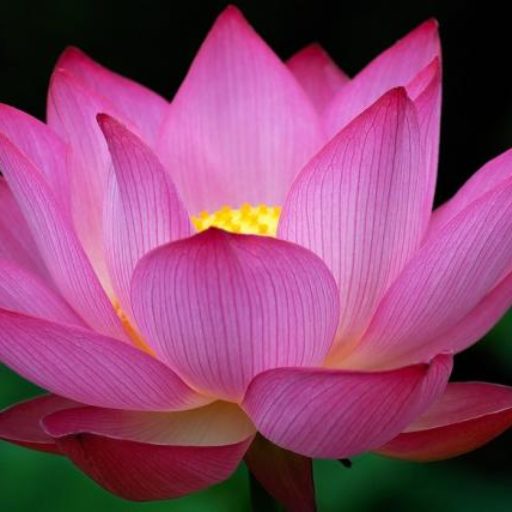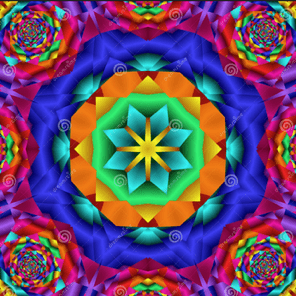What is a Psychic?
The word psychic often conjures images of crystal balls, tarot cards, and mysterious insights into the unknown. But what exactly is a psychic? And how has this ancient practice evolved into a modern source of personal guidance and spiritual enlightenment?
Defining a Psychic
A psychic is a person who is believed to possess extrasensory abilities—skills that allow them to perceive information beyond the scope of ordinary human senses. These abilities may include clairvoyance (seeing beyond the physical realm), clairaudience (hearing messages from unseen sources), clairsentience (sensing emotional or energetic states), and precognition (predicting future events).
Psychics often serve as intermediaries between the spiritual and physical worlds, using their abilities to provide insight, guidance, and clarity to those seeking answers. They may work through a variety of tools—such as tarot cards, pendulums, automatic writing, or direct intuitive communication—or rely solely on their inner senses.
A Brief History of Psychic Traditions
The concept of psychic abilities is anything but new. Throughout history and across cultures, certain individuals have been recognized as seers, oracles, shamans, or mystics—people believed to access hidden truths or communicate with spiritual realms.
In ancient Greece, the Oracle of Delphi served as a revered conduit to the gods, dispensing cryptic but deeply valued prophecies. In indigenous cultures around the world, shamans and medicine people have long used altered states of consciousness to gain insight and heal. The Middle Ages saw the rise of mystics and visionaries who were sometimes honored and other times persecuted for their abilities.
During the 19th and early 20th centuries, spiritualism became a formal movement in the West, especially in the United States and Europe. Mediums conducted séances and claimed to communicate with the dead—an era that laid the groundwork for modern psychic practices.
From Fringe to Mainstream Enlightenment
While skepticism toward psychic phenomena remains in some circles, the role of the psychic has undergone a significant shift in the last few decades. Many people now seek psychics not only for supernatural insights but also for emotional clarity, spiritual direction, and personal empowerment.
In an era marked by rapid technological advancement and increasing spiritual exploration, psychics are often seen as holistic counselors—offering a bridge between the logical mind and the intuitive soul. Modern psychics may blend their intuitive gifts with coaching, energy work, or healing practices, creating a supportive and enlightening experience for their clients.
The rise of television shows, books, and online platforms has further contributed to the visibility and acceptance of psychics. Today, psychics work in private practice, appear at metaphysical fairs, and are even consulted by business professionals and law enforcement in certain cases.
A Trusted Path to Inner Wisdom
Whether one believes in psychic abilities or approaches them with a healthy dose of curiosity, there’s no denying the role psychics can play in helping people navigate life’s uncertainties. For many, a psychic reading is less about predicting the future and more about unlocking deeper truths within themselves.
Ultimately, a psychic serves as a mirror—reflecting back possibilities, patterns, and potential paths that empower individuals to make informed and inspired choices. In this way, psychics continue to be trusted sources of enlightenment, blending ancient traditions with the evolving needs of the modern world.


